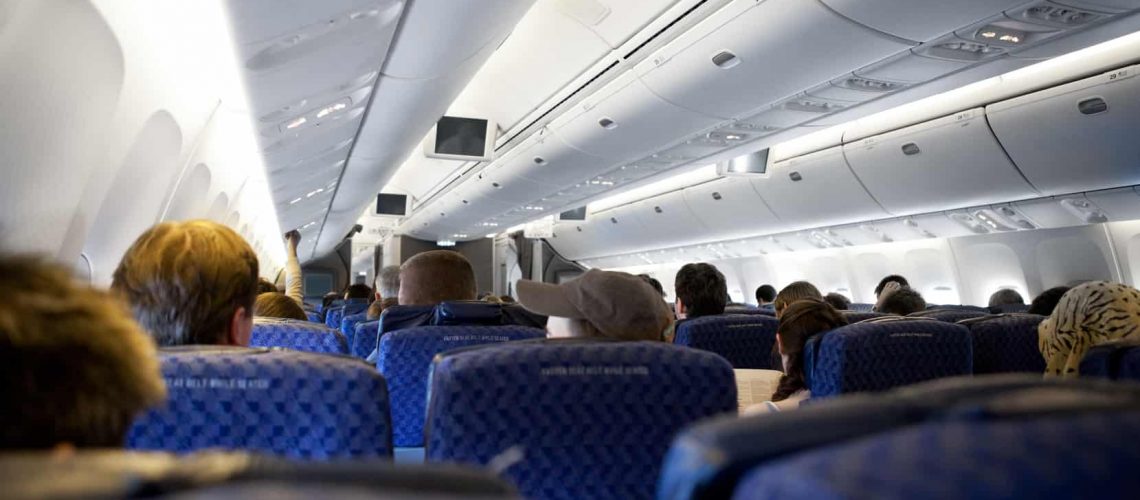We can not deny as parents that lice poses a risk for our school age children. Everywhere in the United States schools perform lice head checks, and many areas have lice clinics for people who need a professional opinion. However, did you know that adults are prone to lice in many public settings as well? Knowing the most common places people can contract lice is powerful in keeping your family educated and lice free.
Adults and Lice.
Adults have much more opportunities to travel in life than young children. Traveling can pose a risk for lice infection in many different ways. Public transportation where seatbacks are fabric lined create an opportunity for lice or nits, lice eggs, to fall off of the head of an infected person and dwell within the lining of the fabric. Airplane seats are another example of this. Especially if used for sleeping or resting during a long flight, louse or existing eggs would have plenty of time to attach to a new, unaware scalp. Movie theaters, public sitting areas, or anywhere that heads come into contact with fabric lined furniture could be a gamble.
Lice do not fly. They crawl, slowly but surely around the scalp. Head lice can most commonly be contracted through direct head to head contact with someone else who is carrying lice. Therefore, crowded, public areas are places of risk. Busy airports, crowded malls, small and narrow hallways with people pushing through to get on their way, or the gym are all possible places one person could pass on lice. In the locker room personal belongings can be infected by coming into direct contact with someone else’s. Make sure you are using your own towel and gear and keep it clear of other people’s things.
By far the highest risk for adults to catch lice is those who have a child that brings it into the home. With that in mind, regularly checking your children’s scalp for any traces of lice is recommended. Sometimes symptom won’t manifest themselves for several weeks. Keeping ahead of the game by checking often is your best approach.
Young Children and Lice.
Kids will be kids. Young children are much more physically active and rowdy with one another than adults are. They play sports at recess, in organized recreation leagues, and spend much more time playing together than people of other ages. They contract lice through coming into contact with another child’s scalp who is carrying lice in a variety of ways. Whether they are laying down reading a book or wrestling at recess in the play yard children are just more prone to passing on lice because they interact more closely.
Children also don’t understand boundaries the way teenagers and adults do. Children between the ages of 3-11 have a higher likelihood of passing on lice to their friends as they share hats, scarves, hoodies, hair combs, brushes or hair clips without a second thought. They are taught to share, to be kind and want to include everyone. No one is thinking about the health risks and would never dream that a little hair comb being used by their friend could create such a massive problem.

